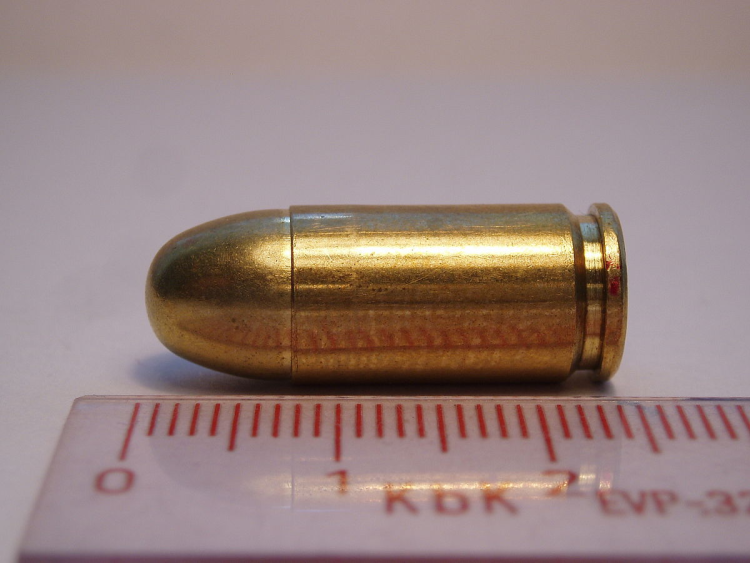9mm to Inches Conversion

Introduction
The conversion between millimeters and inches is a fundamental skill for those working in various fields, from engineering and manufacturing to everyday DIY projects. This article will provide a detailed explanation of how to convert 9mm to inches, offering both the conversion formula and practical applications.
The Metric System vs. The Imperial System
Metric System
The metric system is based on units of ten and is widely used around the world. It includes units such as millimeters (mm), centimeters (cm), and meters (m). The millimeter is a smaller unit of length where one millimeter is equal to one thousandth of a meter.
Imperial System
The imperial system, also known as the British system, is used primarily in the United States and a few other countries. It includes units such as inches, feet, and yards. An inch is a unit of length where one inch equals 1/12 of a foot or 2.54 centimeters.
Conversion Formula
To convert millimeters to inches, you need to know the conversion factor between these two units. The basic conversion formula is:
Inches=Millimeters×0.0393701\text{Inches} = \text{Millimeters} \times 0.0393701Inches=Millimeters×0.0393701
Where:
- 1 millimeter is approximately equal to 0.0393701 inches.
Step-by-Step Conversion
- Identify the Measurement: In this case, the measurement to be converted is 9 millimeters.
- Apply the Conversion Factor: Multiply 9 millimeters by 0.0393701 to convert it into inches.
9 mm×0.0393701=0.3543309 inches9 \text{ mm} \times 0.0393701 = 0.3543309 \text{ inches}9 mm×0.0393701=0.3543309 inches
- Round the Result: For simplicity, the result can be rounded to two decimal places.
0.3543309 inches≈0.35 inches0.3543309 \text{ inches} \approx 0.35 \text{ inches}0.3543309 inches≈0.35 inches
Thus, 9 millimeters is approximately 0.35 inches.
Practical Applications
Engineering and Manufacturing
In engineering and manufacturing, precise measurements are crucial. For example, if you’re working with components designed in millimeters, but your tools or blueprints use inches, accurate conversion is necessary to ensure compatibility and fit.
DIY Projects
For DIY enthusiasts, converting millimeters to inches might be required when following instructions or plans from different sources. If a blueprint or manual provides dimensions in inches and your measuring tool is marked in millimeters, converting measurements ensures your project is built to the correct specifications.
Academic and Professional Fields
In academic studies, especially in scientific fields, measurements often need to be converted between metric and imperial systems. Understanding how to convert units helps in data analysis and reporting.
Summary
In summary, converting 9 millimeters to inches involves a simple mathematical process using the conversion factor of 0.0393701. For 9 millimeters, this conversion yields approximately 0.35 inches. Understanding how to perform this conversion accurately is essential for various practical applications, from technical fields to everyday tasks. Whether you’re working on an engineering project, following a DIY guide, or conducting research, this conversion helps ensure that measurements are accurate and consistent across different systems of measurement.
FAQs
1. How do I convert 9mm to inches manually?
To convert 9 millimeters to inches manually, use the conversion factor 0.0393701. Multiply 9 mm by this factor:
9 mm×0.0393701=0.3543309 inches9 \text{ mm} \times 0.0393701 = 0.3543309 \text{ inches}9 mm×0.0393701=0.3543309 inches
Rounded to two decimal places, 9 millimeters is approximately 0.35 inches.
2. Why is it important to convert measurements between millimeters and inches?
Converting measurements between millimeters and inches is crucial for ensuring accuracy in various fields, such as engineering, manufacturing, and DIY projects. Different industries and countries use different units, so accurate conversion helps ensure compatibility and precision in designs, plans, and reports.





